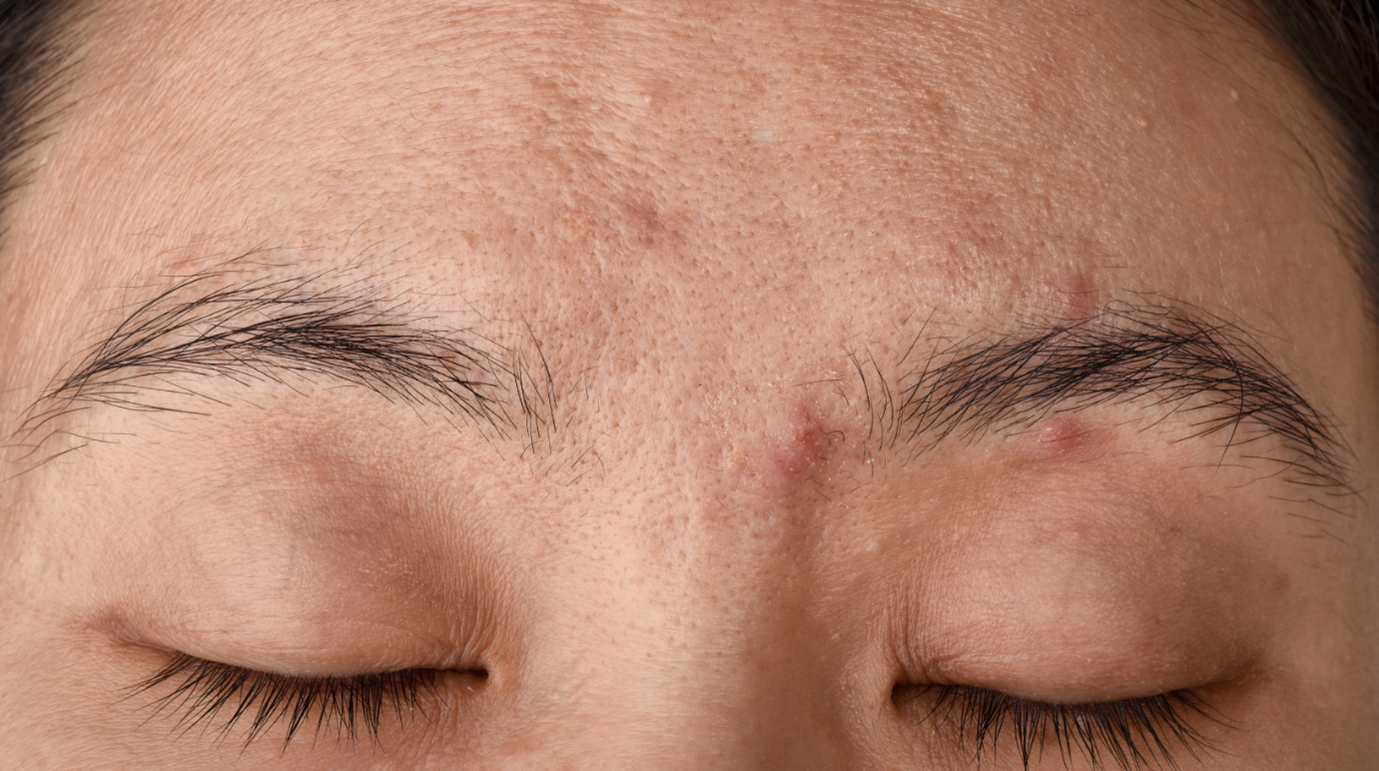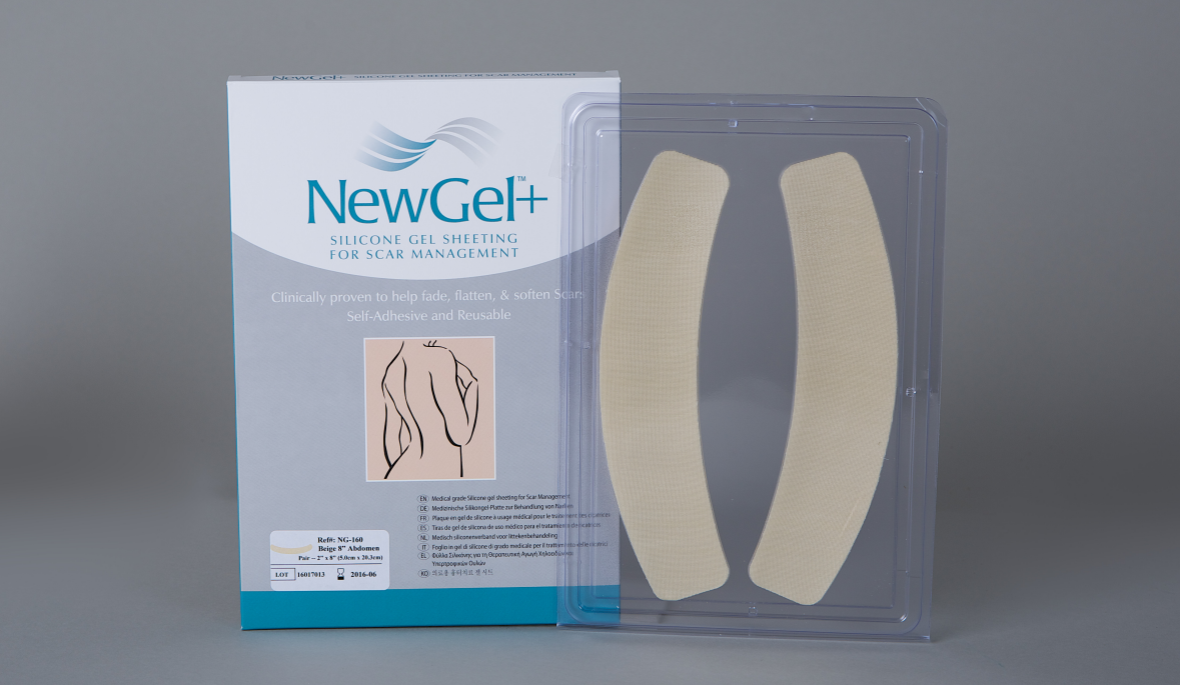Do you bruise easily? Don’t understand why that happens? Not sure what causes a bruise? Well, when your skin gets under a sudden high pressure because of a fall, blow, or something else like that, it gets bruised. It happens because the impact damages the tiny blood vessels, trapping the blood under the skin. When the blow is too forceful, it can even damage your bones and cause deep bleeding and bone bruises. A bone bruise may take a few weeks for complete recovery, while minor bruises usually heal within a few days.
Why Do You Bruise Easily?
Some people are more prone to bruises, and bruising is so common for them they don’t often remember what actually caused a bruise in the first place. There are different underlying reasons for bruising easily, and they may vary from one person to another. Let’s investigate some common factors that may cause you to bruise easily.
- Age
Age is the number one factor for easy bruising in many individuals. Your skin gets thinner, and the blood vessels tend to get weaker as you age. The layer of fat under your skin depletes gradually, and the weaker blood vessels can get injured more easily. So, as you grow older, you are more likely to get bruises even with a slight bump against a chair or table.
- Family History
You may have a family history of bruising easily, just like those with curly hair, freckles, and dimples. Besides, women also get bruises easily because their blood vessels are more delicate, particularly on the thigh and upper arms. These weak or thin blood vessels easily get injured, leaving a purple mark on the skin.
- Medications
If you are on certain medications, you may easily get a bruise on your leg or other parts of the body. Common medications like ibuprofen, aspirin, and blood thinners can affect the ability of your body to make a clot. You may also get bruises more easily due to the use of certain antibiotics. Similarly, some steroids make the skin more fragile and lead to bruises.
- Low Vitamin C Levels
Vitamin C is essential for making collagen that plays a vital part in keeping blood vessels healthy. When your vitamin C intake is low, it is possible that you will get bruises rather easily. While you don’t often experience low vitamin C levels, it is more common in individuals who smoke.
- Intensive Workout or Physical Activity
While being physically active is good for your health, an intense session can damage your blood vessels. As you push yourself physically, you end up with tiny tears in the blood vessels. These tears can lead to bleeding under the skin. So, always make sure that you never overdo things when indulging in any physical activity.
Does Bruising Easily Point to a Bigger Problem?
Yes, it is quite possible that you are bruising easily because of a serious underlying health condition, like a blood disease or problem with blood clotting. It is better to see your doctor when you:
- Experience large bruises more frequently, particularly when the bruises appear on the back, face, or trunk.
- Have bruises for no obvious reason.
- Bruise easily and have a history of serious bleeding, like during a surgery.
- Suddenly start bruising, particularly when you start taking a new medication.
How To Relieve Bruises?
When you bruise easily, it is a good idea to use a supplement or gel that uses Arnica and Bromelain as one of the main ingredients. They both have a soothing effect and can relieve bruising quicker. Bruise MD is one of the best gels on the market that contains both Bromelain and Arnica Montana and can be a good choice.





